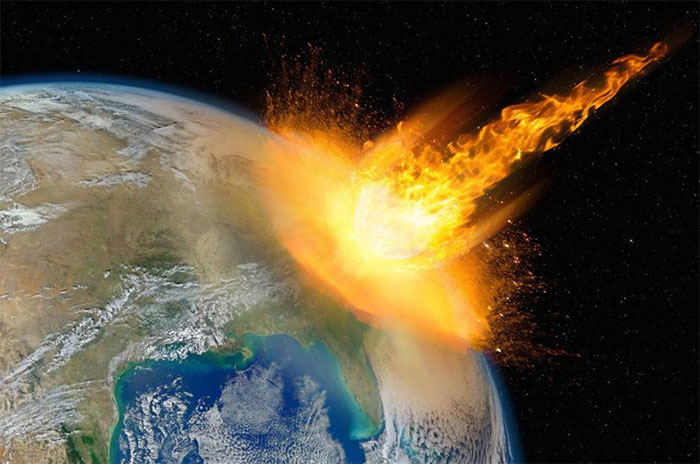Every year, about 55 tons of meteorites hit the Earth, of which about 2-3 tons fall in Russia, according to a leading Russian scientist.

“Of the 55 tons of meteorites that hit the Earth, only 10-15 tons of meteorites fall to the ground, the rest fall into the oceans ,” said Dmitry Badyukov, head of the Laboratory of Cosmic and Gaseous Chemistry. statue of the Russian Academy of Sciences – told TASS news agency.
According to Badyukov, more and more meteorites are being found in the deserts of Oman and Chile, as well as in glaciers in Antarctica .
“The good thing about Oman is that there’s no sand there. It’s a coastal area and the monsoon blows all the sand away. So a smooth rock surface is formed there where meteorites gradually accumulate.” , the scientist explains the region’s appeal to meteorite seekers.
The same is true for Chile, he notes, because there is very little sand there.
Ten years ago, in 2013, a large meteorite entered the Earth’s atmosphere and exploded over the territory of Chelyabinsk. Hence, the meteorite got the name Chelyabinsk. It is the largest space object to fall to Earth in the 20th and 21st centuries.
The meteorite penetrated the Earth’s atmosphere, generating a huge explosion at a height of 20 kilometers and scattering many shards across a vast area in the Chelyabinsk region.
The meteorite’s main component landed on the shores of Lake Chebarkul, 78 kilometers west of Chelyabinsk.Around 7,300 structures were damaged by explosive waves and meteorite pieces.











